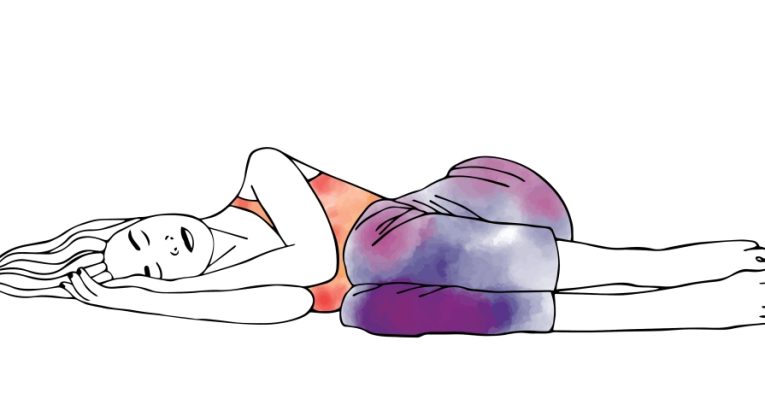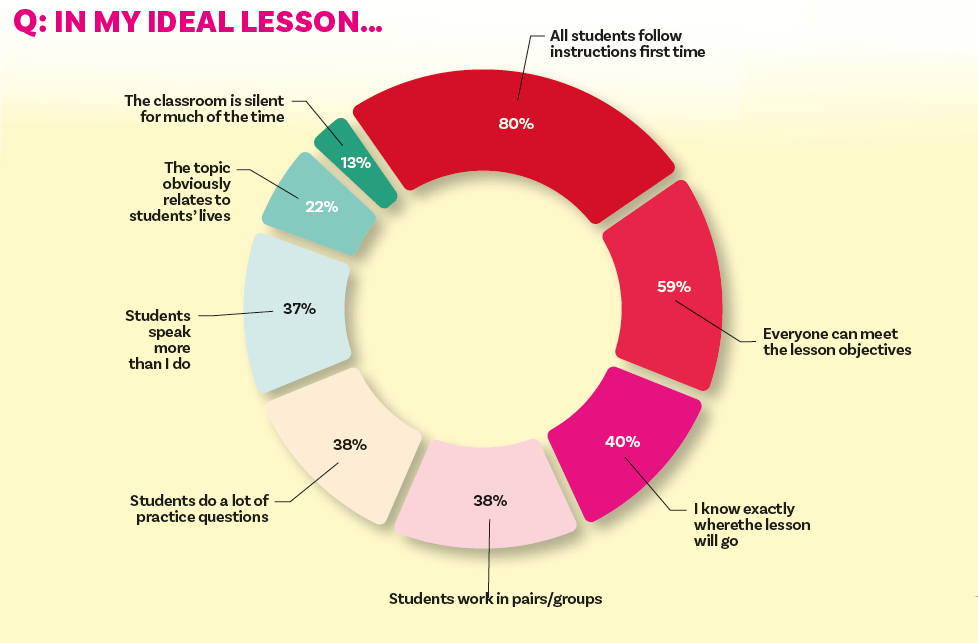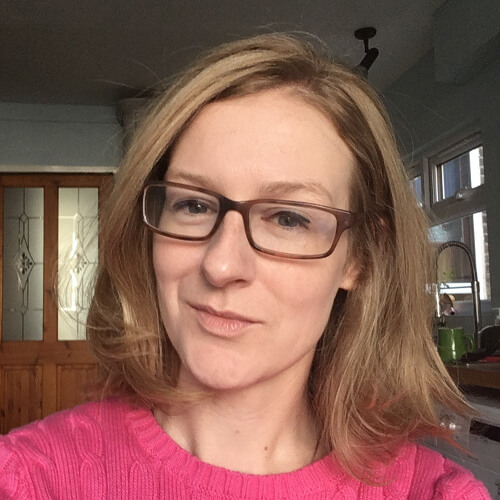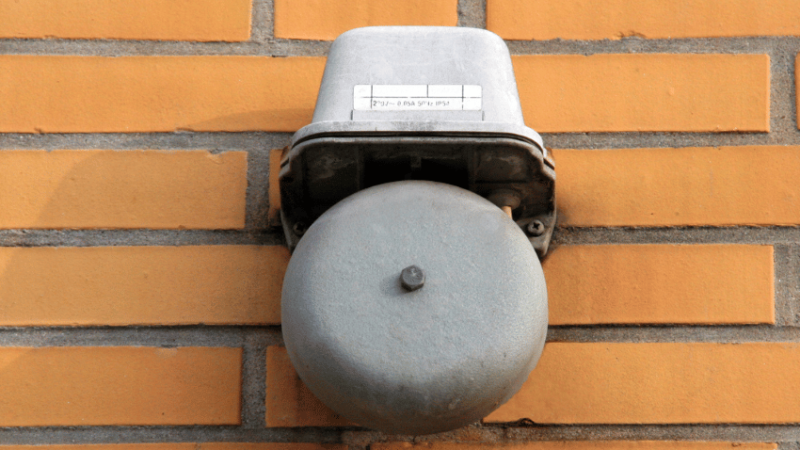What do teachers dream about?

Sleep might seem like a safe refuge from a hard day of teaching, but our subconscious often seems to have other ideas, finds Laura McInerney…

1 | Most teachers dream about school
When asked, 60% of teachers said they’d had at least one dream about school in the preceding week. That may sound like a lot, but according to research, most people have dreams about their work. Teachers are human, just like everyone else! Things also seem to get better with time.
According to our analysis, Teachers in their 50s are 10% less likely to have night visions of the classroom when compared to their twenty-something colleagues.
Is this because younger teachers have more anxiety about work? It’s very possible, given that new teachers are much more likely to have their lessons regularly disrupted by poor behaviour.
But research also shows that the older people get, the less likely they are to remember the contents of their dreams in general. Perhaps older teachers are having the same dreams about their school but are less able to recall them!
2 | Women are better at dream reporting
What do these dreams about school actually involve? At the start of the school year, we asked teachers about their dreams and found that 1 in 5 had had an unpleasant dream… about the start of the new school year.
By contrast, only 1 in 20 had positive dreams about returning to work, with men 7% more likely to be in this group.
Are men less bothered by their jobs in general? We know they’re less likely to report crying at work, but broader research into dreaming shows men are generally worse at recalling and reporting their dreams, and often express greater discomfort when describing them to listeners.
Bad dreams about exam results were less frequent, reported by 6% of women and 7% of men; just 1% of women and 2% of men reported having good dreams about exam results.
3 | ‘Dream lessons’ are a patchwork of pedagogies

Turning to reality, the three most popular features of a ‘dream’ or ‘ideal’ lesson, according to teachers, involve students following instructions the first time, every student meeting their lesson objective and the teacher knowing exactly where the lesson is going, all the way through.
Analysed by teaching subject, maths teachers are most likely to want a silent classroom with students completing lots of practice questions, but less likely than nearly all other secondary subjects to insist on knowing exactly where a lesson is going. Are maths teachers more open to improvisation than we realise?
Science teachers are the most likely to want their subject to relate to students’ lives, while language teachers have the highest preference for group work.
Those who find arts lessons to be noisy and chaotic should meanwhile seek out the 10% of arts teachers who say their ideal lesson is one in which the students mostly work in silence.
For more snappy insights like this, and to be part of the panel, please join in via the free Teacher Tapp app available to download for iOS and Android – you’ll learn something new every day…








